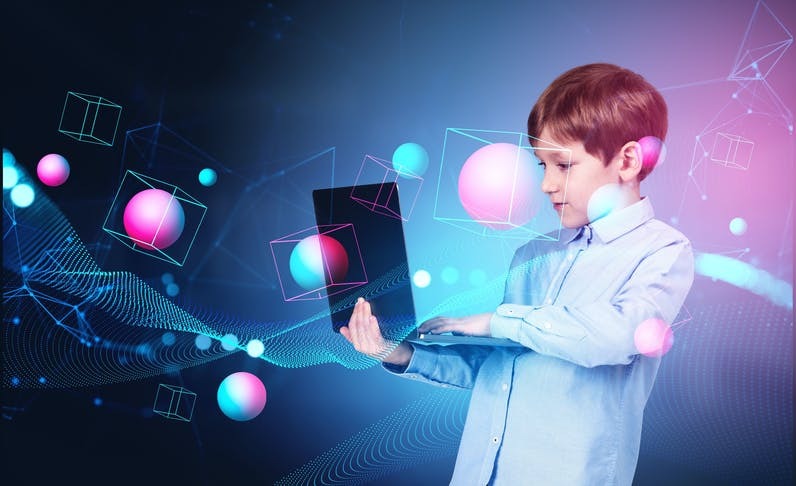In today’s rapidly evolving world, education has been transformed by technology in ways that were once unimaginable. One of the most significant advancements is the emergence of personalized education, a learning approach tailored to individual students’ needs, abilities, and preferences. In this article, we will explore the profound impact of technology on personalized education and how it is revolutionizing the way we learn.
Personalized Learning: A Paradigm Shift
Traditional Education vs. Personalized Learning
Traditional education often employs a one-size-fits-all approach, where all students receive the same curriculum and pace of instruction. In contrast, personalized learning recognizes that each student is unique, and their educational journey should reflect that diversity.
The Power of Adaptive Learning
Technology has empowered educators with adaptive learning platforms and tools that can assess a student’s proficiency level and adjust the content and pace accordingly. This adaptability ensures that learners are neither overwhelmed by material beyond their grasp nor held back by concepts they have already mastered.
Harnessing Data for Personalization
Big Data Analytics
The collection and analysis of data have become integral to personalized education. By tracking a student’s progress, engagement, and learning preferences, educators can gain valuable insights into their individual needs and adapt their teaching strategies accordingly.
AI and Machine Learning
Artificial intelligence (AI) and machine learning algorithms are at the forefront of personalized education. These technologies can provide real-time recommendations for content, exercises, and even the optimal time for learning based on an individual’s past performance and behavior.
Personalized Content Delivery
Digital Learning Resources
The availability of digital learning resources, such as e-books, interactive simulations, and educational apps, enables students to access a wide range of content tailored to their interests and learning styles.
Customized Learning Paths
Through technology, students can follow customized learning paths that align with their goals. Whether they are aiming to acquire specific skills or explore a particular subject in-depth, technology can facilitate their journey.
Real-time Feedback and Assessment
Immediate Feedback
Technology allows for real-time assessment and feedback, enabling students to identify and correct errors immediately. This continuous feedback loop enhances the learning experience and accelerates skill development.
Gamification and Engagement
Gamification elements, such as quizzes, badges, and leaderboards, make learning more engaging and motivating. Technology makes it easy to integrate these gamified elements into educational platforms.
Accessibility and Inclusivity
Bridging Gaps
Personalized education, with the aid of technology, can bridge geographical and socioeconomic gaps. Students from diverse backgrounds and locations can access high-quality education tailored to their needs.
Assistive Technologies
For learners with disabilities, technology offers a range of assistive tools, from screen readers to speech recognition software, making education more accessible and inclusive.
Challenges and Ethical Considerations
Data Privacy
As personalized education relies heavily on data collection, privacy concerns must be addressed to protect students’ sensitive information.
Equity and Accessibility
Ensuring that all students have access to the necessary technology and resources is a crucial challenge, as the digital divide remains a barrier to personalized education.
The Future of Personalized Education
Lifelong Learning
The future of personalized education extends beyond traditional classrooms. It supports lifelong learning, allowing individuals to acquire new skills and knowledge throughout their lives.
Global Impact
Personalized education has the potential to have a global impact, democratizing access to quality education and fostering a more informed and skilled global workforce.
Ethical and Inclusive
Future developments in personalized education should prioritize ethical considerations and inclusivity, ensuring that no one is left behind in the pursuit of knowledge.
Conclusion
The role of technology in personalized education is transformative and promising. It empowers students to take control of their learning journeys, provides educators with valuable insights, and has the potential to revolutionize education on a global scale. As technology continues to advance, personalized education will play a pivotal role in shaping the future of learning and preparing individuals for the challenges and opportunities of tomorrow.
